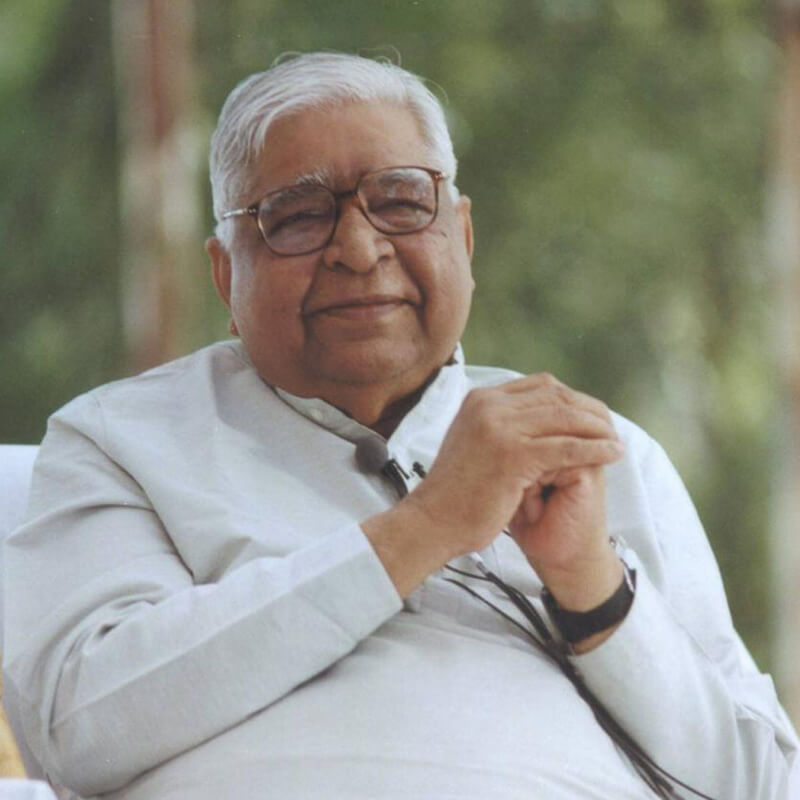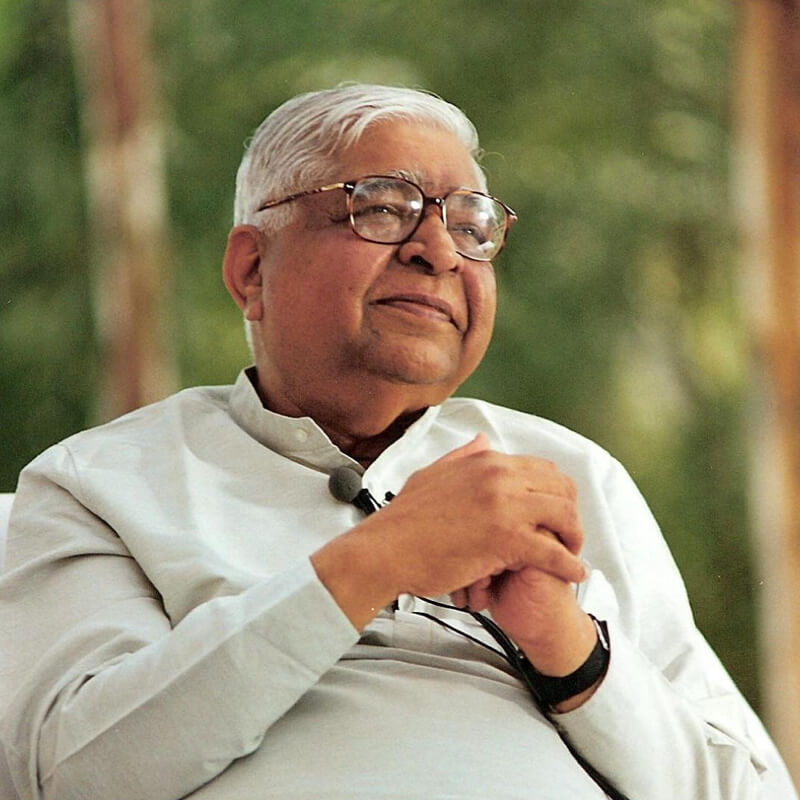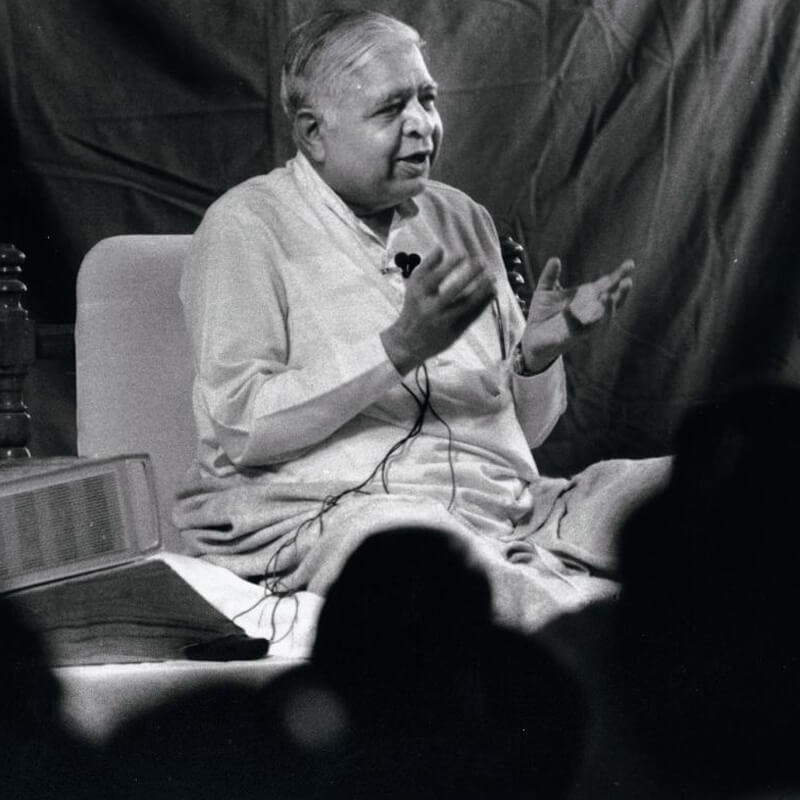The universal Dhamma taught by the Buddha spread during his life–time without any opposition and for about four hundred years after the Buddha.
Had he called his teachings “Buddhist Dhamma” instead of just “Dhamma,” it would have turned into a sect.
Every sect has its own philosophy, festivals, ceremonies, rites and rituals. Sectarians call these their religion. On account of these differences they look down upon the religions of others, abuse each other, and fight among themselves. Such differences based on religion and caste leads to antagonism and conflict in society. People understood that the Buddha taught a universal Dhamma which unites all. As a result, the teachings of the Buddha began to spread without any opposition.
The Buddha himself practiced morality, concentration and wisdom, became free from the cycle of birth and death and became the perfectly Enlightened One and taught the Noble Eight-fold Path consisting of morality, concentration, and wisdom to the people. These are the elements of Dhamma appreciated by all. They do not exclusively belong to one particular sect.
Morality:
Avoid any vocal or physical action that harm others and disturb their peace and harmony. This teaching of the Buddha was accepted by all. As far as morality is concerned, the Buddha taught us to observe precepts with a pure mind. This is because all vocal and physical actions originate in the mind. Therefore, if we purify the mind, our actions will become pure and wholesome.
Concentration:
Repetition of a sacred mantra or the name of a deity can help to concentrate the mind and to develop mental calm and purity to some extent. However, this does not eradicate the roots of mental defilements, which remain suppressed. The Buddha taught right concentration of mind, which led to eradication of these mental defilements.
Wisdom:
Acquired wisdom is wisdom gained by reading or listening to Dhamma discourses. Intellectual wisdom is gained by reflecting on what one had read or heard. However, real wisdom is gained by direct experience. We gain direct wisdom by direct personal experience.
The Buddha, the super-scientist of the spiritual world, discovered and taught the way to purify the mind. Like a true scientist, he experimented to know the truth of mind and matter by dividing and analysing them as also by experiencing how the two work. He also discovered how defilements arise in the mind and how they can be eliminated by practicing Vipassana and developing equanimity. So long as defilements are not completely destroyed, one is not liberated from them However, one is free from defilements to the extent one has destroyed them.
People gradually began to accept this scientific and benevolent teaching and were greatly benefited. Thus it spread without any difficulty. Four hundred years after the Buddha, Emperor Asoka spread this benevolent teaching not only in India but also in many neighbouring countries. Later, the Buddha’s teaching was completely lost in India. Now after 2000 years it has returned to India and has spread to the whole world. I hope the essence of the Buddha’s teaching, Vipassana, lasts for the next two thousand years for the benefit of innumerable beings.





